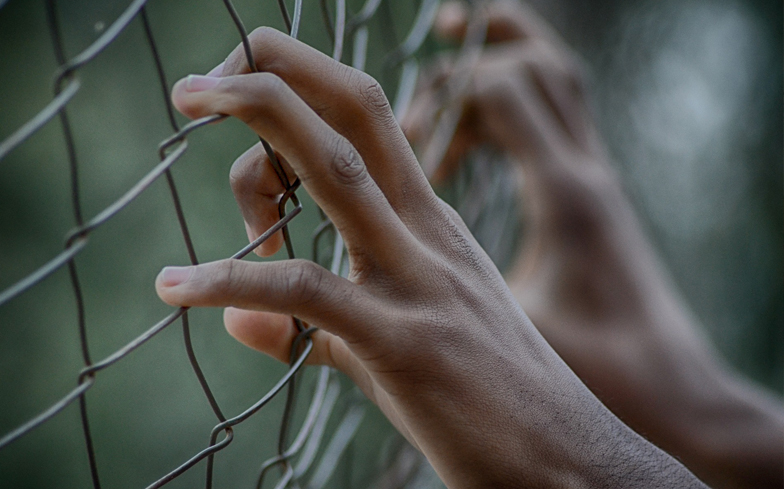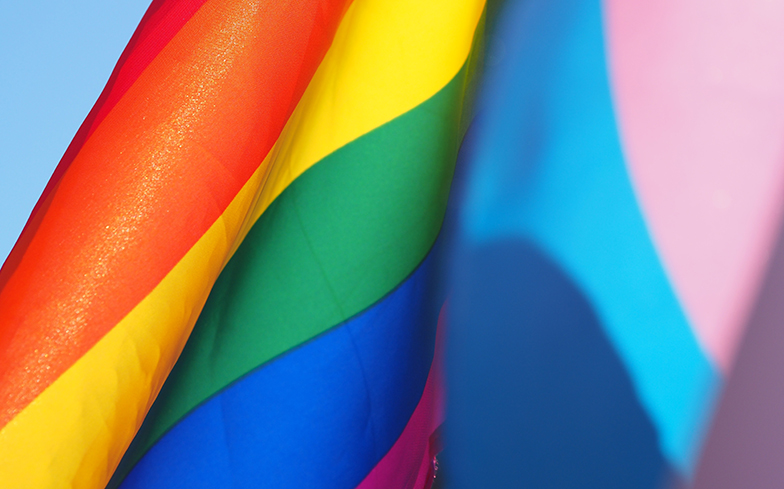
20 June marks World Refugee Day.
The lives of many people in the UK, including within the LGBTQ+ community, are dramatically changing. The coronavirus pandemic is causing havoc and we are struggling to deal with the fallout.
It is often those most vulnerable who fare the worst in times of crisis. This is particularly true for LGBTQ+ asylum claimants.
Prior to the pandemic, asylum claimants already faced many challenges. As a country we have a moral and legal obligation to give sanctuary to those fleeing persecution. However, the reality is that for many years refugees have been stigmatised.
The asylum process is filled with additional hurdles for LGBTQ+ asylum claimants. Many are forced to “prove” their sexuality or gender identity to Home Office officials, who still ask intrusive questions and operate under outdated assumptions; for example, that a claimant can’t be LGBTQ+ and religious – a notion I find repulsive as a gay Christian.
Having had to conceal their sexuality in the countries they are fleeing from, it can be hard for LGBTQ+ asylum claimants to gather information, such as texts, letters or photos to corroborate their sexuality or gender identity. If LGBTQ+ organisations, bars or nightclubs are banned and do not exist in a country, how can an LGBTQ+ asylum claimant show a Home Office official photos of them “out on the town” with their LGBTQ+ partner or friends? If it’s illegal to be LGBTQ+ in a country then this is a huge disincentive to keep mementos which could see you imprisoned or even result in death.
Furthermore, once in the UK’s asylum process, if an LGBTQ+ claimant ended up in one of the UK’s seven immigration detention centres, prisons or short-term holding facilities, many are forced to conceal their sexuality or gender identity for fear of violence and sexual harassment from other people. They may be from the same region as the LGBTQ+ asylum claimants, expressing homophobic, biphobic or transphobic views. This effectively means that LGBTQ+ asylum claimants are forced back into the closet, just as they are trying to convince Home Office officials of the opposite.
The pandemic has exacerbated many existing challenges for asylum claimants, as well as creating new ones. To be fair, to help reduce coronavirus transmissions, a large proportion of asylum claimants held in detention centres were released. In some instances they were released without helping make arrangements for them to have somewhere to stay.

Many asylum claimants come from BAME backgrounds, who we now know are disproportionately at risk of contracting coronavirus. It has also been acknowledged that it would be very difficult to practice any sort of social distancing within a detention centre without adding to the isolation that people in the centres are already subjected to.
I’ve written before for GAY TIMES about how little financial assistance is given to asylum claimants, who are legally prohibited from working as they go through the asylum process.
While Universal Credit increased by £20 per week during the pandemic, support for asylum claimants was only increased from £37.75 per week to £39.60 per week. This amounts to an additional £1.85 per week, or 26 pence per day. It also took the government 12 weeks to make this announcement – as per usual, asylum claimants remained at the bottom of the government’s list of priorities. It is hard to imagine how asylum claimants are supposed to afford essentials, such as hand sanitisers or face masks on this budget.
The accommodation provided for asylum claimants is often very cramped, sharing bedrooms with strangers and bathrooms with many other people. It therefore continues to be very hard for them to take precautions against coronavirus.
This problem is made worse for LGBTQ+ asylum claimants, who are at a heightened risk of violence. They may be housed or even end up sharing a room with homophobic, biphobic or transphobic asylum claimants. During the pandemic it has been widely acknowledged that there has been a rise in domestic violence across the UK generally and it is easy to imagine that the situation must be even more intense for asylum claimants, who are subject to so many uncertainties.
The government needs to face up to its responsibilities and protect asylum claimants, particularly those who are LGBTQ. And the LGBTQ+ community, admittedly facing challenges on many fronts, must not forget about LGBTQ+ asylum claimants. We need to advocate for their rights and support them in any way we possibly can.
Please consider donating to UK Lesbian & Gay Immigration Group, who help LGBTQ asylum claimants.



